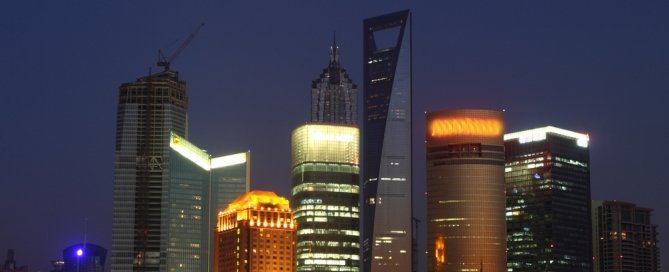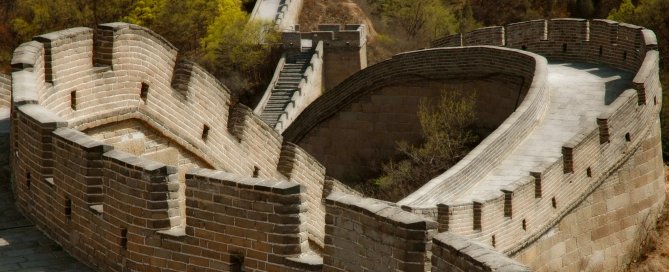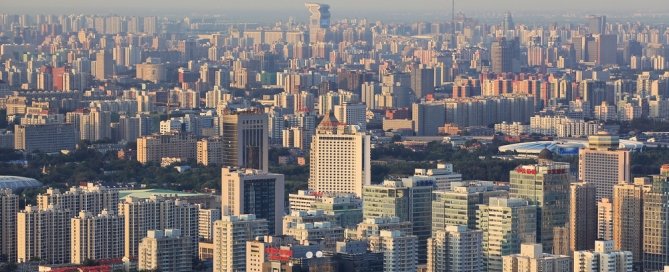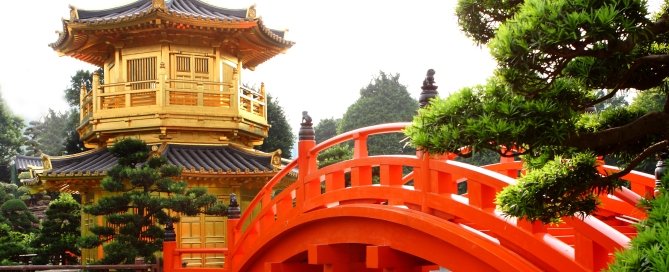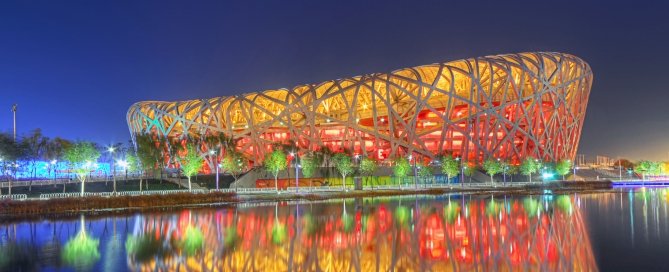Guide to China
Quick Facts
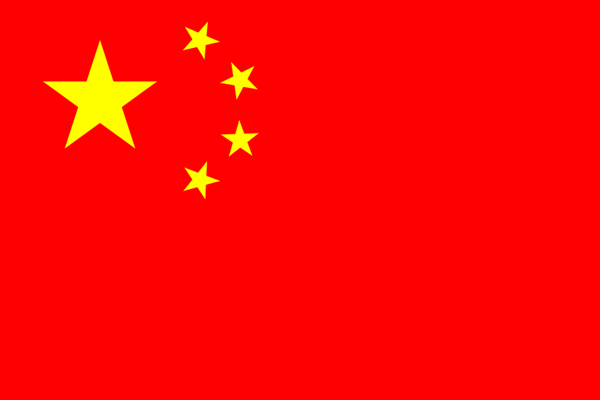
Population: 1.34 billion
Main Language: Mandarin
Currency: Yuan
Calling Code: +86
The Chinese are the longest-lasting civilisation on earth. Historians date the development of the earliest Chinese society back to the 1700s BC, and the writings of Confucius, the most transcendental Chinese philosopher, date to the 500s BC. For hundreds of years the country was under the control of two dynasties- the Ming and the Qing. However, this all changed during the 1940s, when the devastation of World War II allowed Communism to gain more and more support in China, until Mao Zedong declared himself leader of the People's Republic of China in 1949.
Mao ruled until his death in 1976, a year which marked a new era in modern Chinese history. In the last few decades, China has increasingly opened to the world, creating Special Economic Zones and orienting society towards a market system. Technological advance and growth have motivated the rise of an urban middle class, which in turn has become the voice of freedom in the country. Claims for greater economic and political opening took the masses to Tiananmen Square in 1989, an unprecedented demonstration attended by nearly a million Chinese workers and students. In the wake of Deng's leadership, modest political reforms have taken place, although emphasis has been placed on economic growth and poverty reduction in peripheral areas. Today, China is an influential world player at the centre of development and innovation.
Capital: Beijing is one of China's most ancient cities. Today, it hosts the seat of communist power, with Soviet-style monuments and enormous underground bomb shelters attesting to its recent political history. However, there is a lot more to Beijing than politics. With over 19 million residents, four million cars and multilane boulevards, Beijing is a metropolitan symbol of urban modernity and confidence. It is dubbed the Silicon Valley of Asia, attracting the biggest electronics and computer-related companies. Yet, relative to neighboring cities such as Shanghai or Hong Kong, Beijing offers its residents a greater opportunity for tranquil leisure. In 2001, Beijing was selected to host the 2008 Summer Olympics.
Government: The People's Republic of China has a communist regime in which President Hu Jintao acts as chief of state and Premier Wen Jiabao as head of government. There is a unicameral National People's Congress.
Culture: China's traditional culture reflects the precepts of ancient philosophers such as Confucius, who encouraged the maintenance of an orderly society that bore respect toward hierarchies, ethics, obedience and peace. The early system of imperial examinations also left a deep mark on the culture, leading to a national focus on literature and other higher forms of art. The Chinese are generally meritocratic, though they have been criticised for pervasive sexism. Around the world, the Chinese are renowned for their cuisine, whose variety dates back to dynastic emperors' practice of hosting banquets with over 100 dishes.
Chinese Media
 |
|


